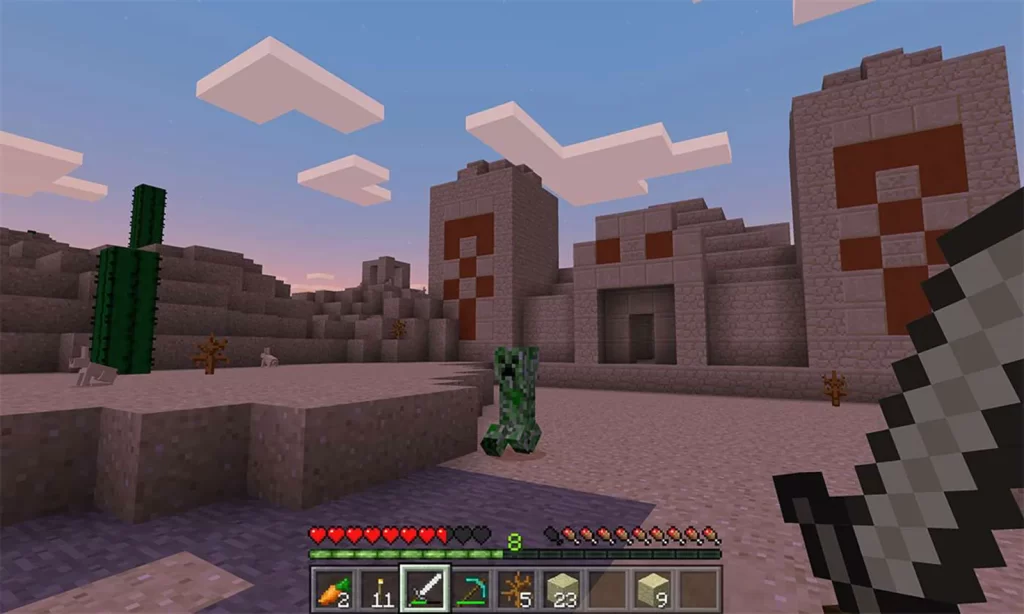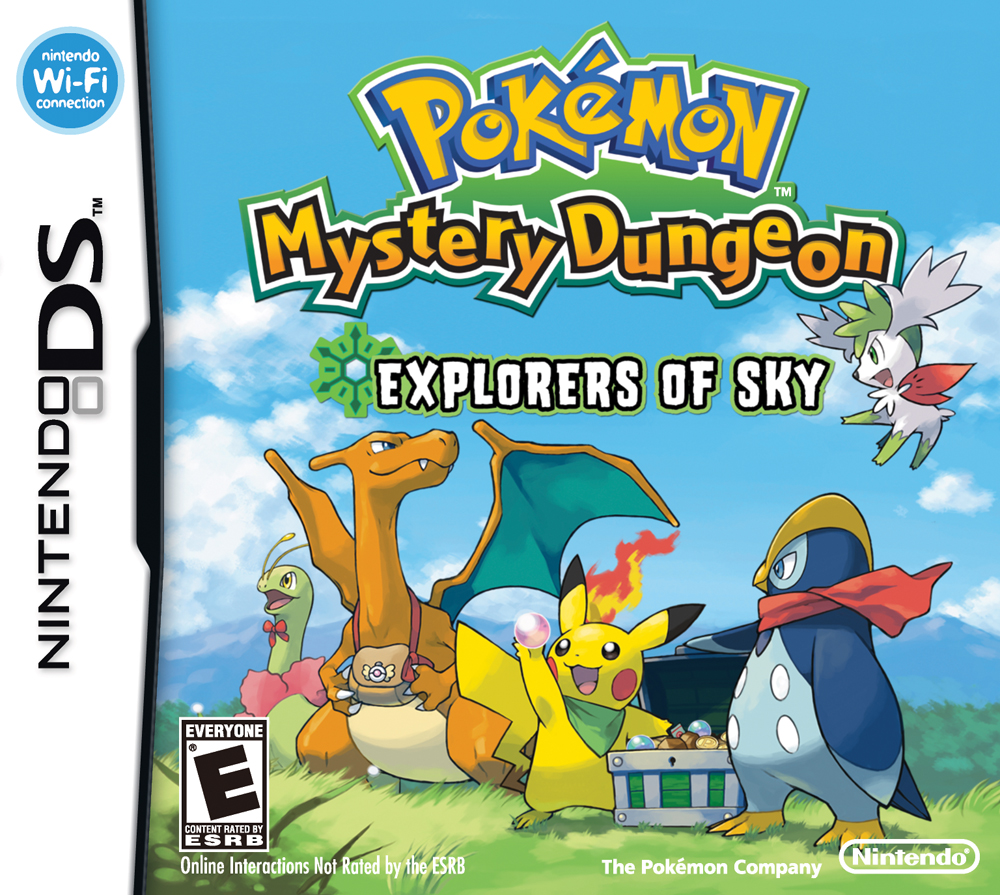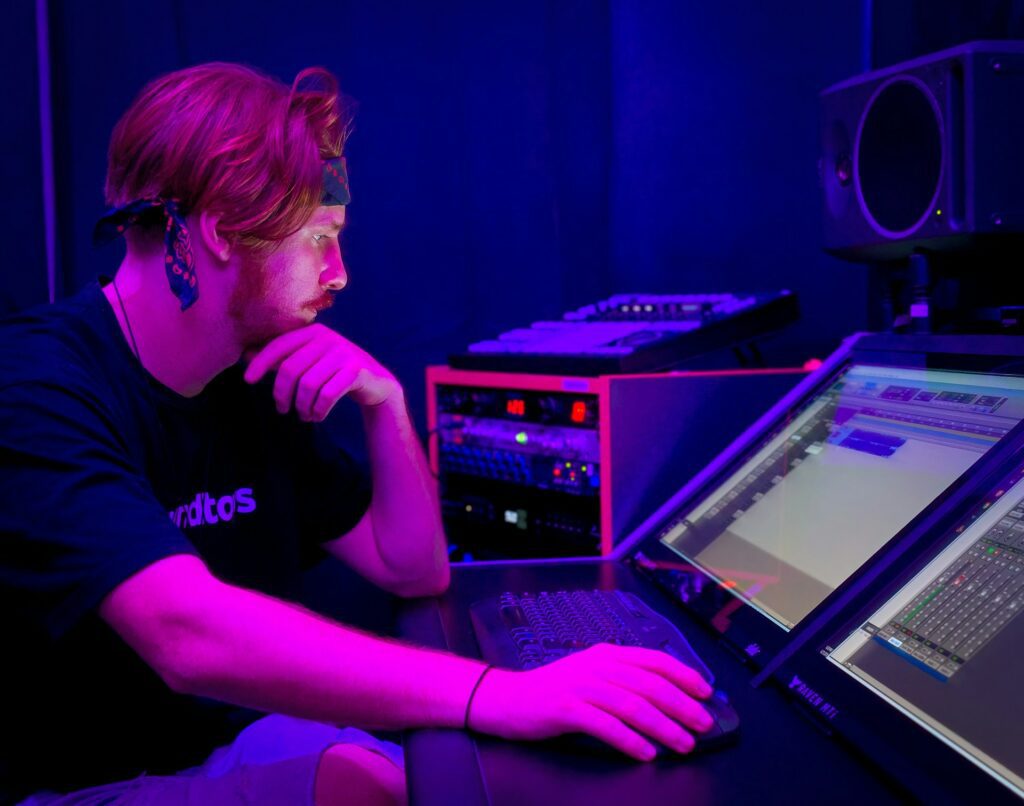So you want to know how to make a video game soundtrack. Whether people admit it or not, when it comes to movies at least, the soundtrack is often the unsung hero of fiction.
Those sweeping, heroic scores in blockbusters? They set the tone and atmosphere of a scene like nothing else. And those hauntingly beautiful melodies? They take our breath away and shape our emotional experience as an audience.
Well, the same principle holds for video games. Think about some of the most iconic original soundtracks in the gaming scene: The Legend of Zelda’s, Final Fantasy’s, Halo’s, and so on. These musical masterpieces have become as beloved and integral to the player’s experience as the games themselves.
However, crafting a truly memorable video game soundtrack requires a unique blend of musical prowess and a deep understanding of the game’s identity.
Throughout this article, we’re going to explore the essential skills and techniques you need to create fantastic soundtracks for your games, going over the basic knowledge you need and some tips to get you on your way.
And don’t miss: 2023’s top game genres – a journey through pixels and thrills
How to make a video game soundtrack: understanding the fundamentals
Before you dive into the composition process, it’s essential to grasp the fundamentals. Let’s start with music theory, the building blocks of almost every masterpiece:
Music theory and its importance

To put it simply, music theory is the foundation upon which great songs are composed. It’s the language that allows you to understand the structure, harmony, and even the “emotion” of music.
Sure, you don’t need a PhD in music theory to create a fantastic video game soundtrack, but having at least a basic understanding of concepts like scales, chords, melodies, harmonies, tempo, and other things can go a long way in crafting tunes that go well with your game.
Digital Audio Workstations (DAWs)
No modern composer’s toolkit is complete without a powerful Digital Audio Workstation (DAW), like Fruity Loops Studio or Ableton. These software suites are virtual studios where you will bring your musical ideas to life, and they have many add-ons and custom instruments/tools you can find all over the internet.
From recording and editing to mixing and remastering, your DAW will be your best buddy throughout the creative process. Familiarize yourself with the software of your choice and you’ll be on your way to composing awesome video game soundtracks.
Optional but very helpful: MIDI keyboards and audio interfaces
While not strictly necessary, investing in a MIDI keyboard and an audio interface can significantly enhance your workflow.
MIDI keyboards allow you to play and record expressive, nuanced performances, while audio interfaces provide the high-quality sound input and output your compositions deserve.
These tools may require a bit of an upfront investment, but they can be game-changers (no pun intended) for aspiring video game soundtrack composers.
8 professional tips for composing a video game soundtrack
Now that we have talked about the fundamentals, let’s dive into the juicy tips for composing awesome soundtracks for games:
1. Understand the game’s tone and atmosphere
The first and foremost step is to immerse yourself in the game’s world. Carefully study the visuals, the narrative, and the overall tone to ensure your music complements the experience without clashing with other elements.
For example, unless you’re using Guile’s Theme from Street Fighter, which does go with everything, chances are a high-energy soundtrack won’t fit well in a game like Slime Rancher or Stardew Valley. Similarly, the chillest C418’s music wouldn’t do well for an action-packed game like Brawlhalla or Cyberpunk 2077.
All in all, it’s a matter of remembering that your soundtrack should reflect and amplify whatever qualities the game has.
Discover some exciting ideas for video games and spark your creativity!

2. Study compositions similar to the one you’re creating
As with any art form, learning from the masters is invaluable. Analyze the soundtracks of successful video games that share a similar aesthetic or genre.
If you’re composing originals for a cozy survival game, perhaps try looking into C418’s works in Minecraft or Eric Barone’s soundtrack for Stardew Valley. Within open-world games, there’s lots of inspiration to be taken from Jeremy Soule’s work in Skyrim and Woody Jackson’s in Red Dead Redemption 2.
3. Create a sound palette
Establish a core set of instruments and sonic textures that will define the distinctive sound of your video game soundtrack. This “sound palette” will help you maintain a cohesive identity throughout your compositions, even as you introduce new musical elements (which you should consider later in the process.)
4. Start with simple ideas that work
Resist the urge to overcomplicate things from the get-go! Begin by crafting short musical ideas that sound great and/or pack an emotional punch.
We call these ideas a motif: a short, catchy musical phrase that acts as a building block. It’s not complex enough to represent a specific character or concept on its own, but by repeating and developing this motif throughout the soundtrack, composers can create a sense of familiarity and cohesion.
These elements can tie different game areas together, or even subtly shift as a character evolves. They’re a powerful tool for enhancing the emotional impact and memorability of a video game soundtrack.

5. Develop memorable melodies
The hallmark of any great soundtrack is its ability to stick in the player’s mind. Focus on creating catchy, singable melodies that instantly capture the essence of your game’s world. These melodies can then be reinterpreted and transformed to support different scenes and scenarios.
Hans Zimmer, for example, does it by expanding his motifs into different “shapes” in Interstellar (2014), and many tracks are memorable for different reasons despite sounding similar to each other.
6. Consider interactivity and dynamic music
Video games offer the unique opportunity to create music that responds to player actions and environmental changes. Explore techniques like musical variations, smooth transitions, and interactive layers to keep your soundtrack engaging and immersive.
7. Pay attention to pacing and timing
Building on top of the first tip, ensure that the tempo and intensity of your music align with the pacing of the gameplay. Your soundtrack should feel like a natural extension of the on-screen action, increasing the player’s sense of immersion.
8. Don’t be afraid to repeat yourself
Repetition can be your friend when it comes to video game soundtracks. Familiar themes and motifs help to ground the player and create a sense of cohesion. Just be sure to add variations and unexpected twists to keep things fresh and interesting.
It also takes off some of the burden of composing new melodies now and then, which leaves you with more time to think of other aspects of your work in progress – like concept art.
Read also: 2D game environment design for beginners

Lastly, embrace iteration and feedback!
The process of composing a video game soundtrack is inherently iterative. Be prepared to experiment, refine, and seek feedback from your fellow game developers. Collaborating with the design team to ensure your music enhances the overall player experience is crucial.
Now you know how to make a video game soundtrack!
As seen throughout this article, composing a standout video game soundtrack is no easy feat – we’ll give you that.
But when you nail it the final product is so worth the effort! By tapping into the power of music theory and DAWs, immersing yourself in the game’s world, and embracing the iterative creative process, you can create compositions that take the player’s experience to the next level.
We understand the journey might be long and challenging, but it’s going one heck of a ride if you stick it out.
And if you ever need help with all things game development don’t be afraid to contact us at Main Leaf. Utilizing the industry-leading Unity and Unreal Engine platforms, we have a proven track record of 10+ years of creating high-quality game experiences.
Let’s turn your ideas into something real! All you need to do is contact us below – we’ll be waiting for you!

